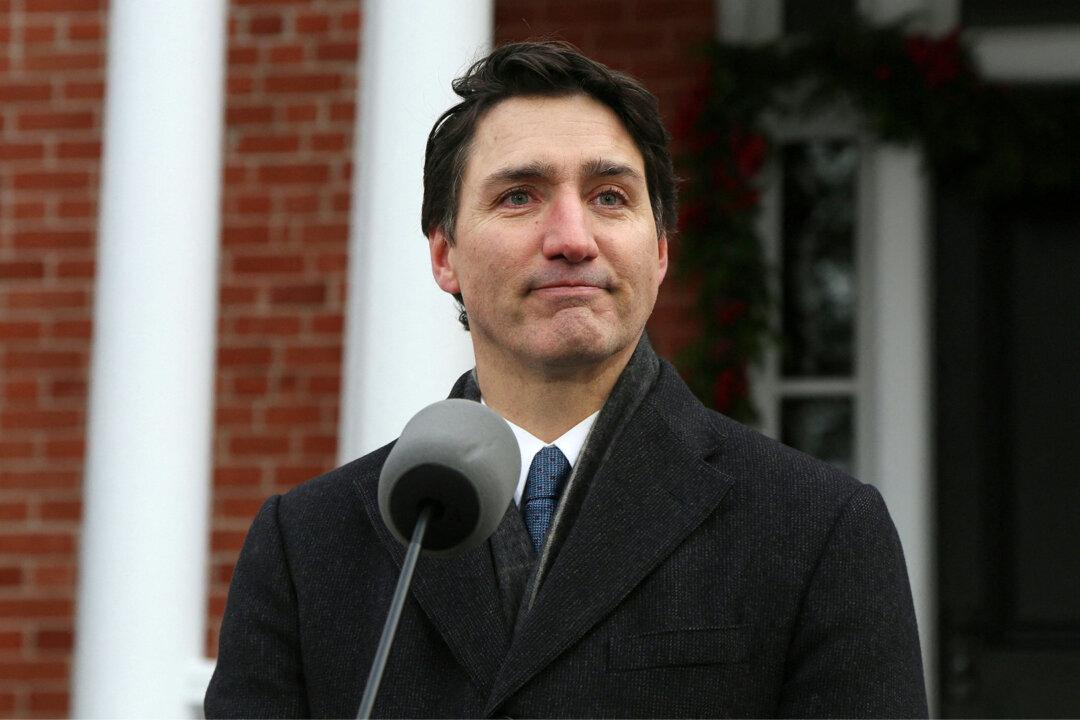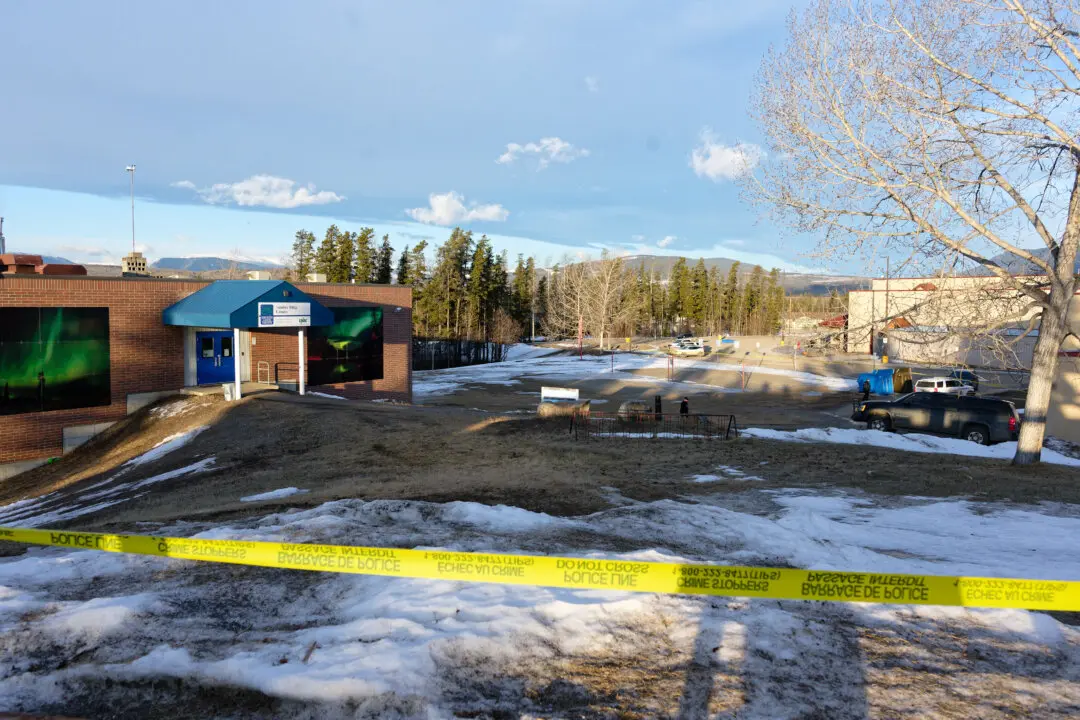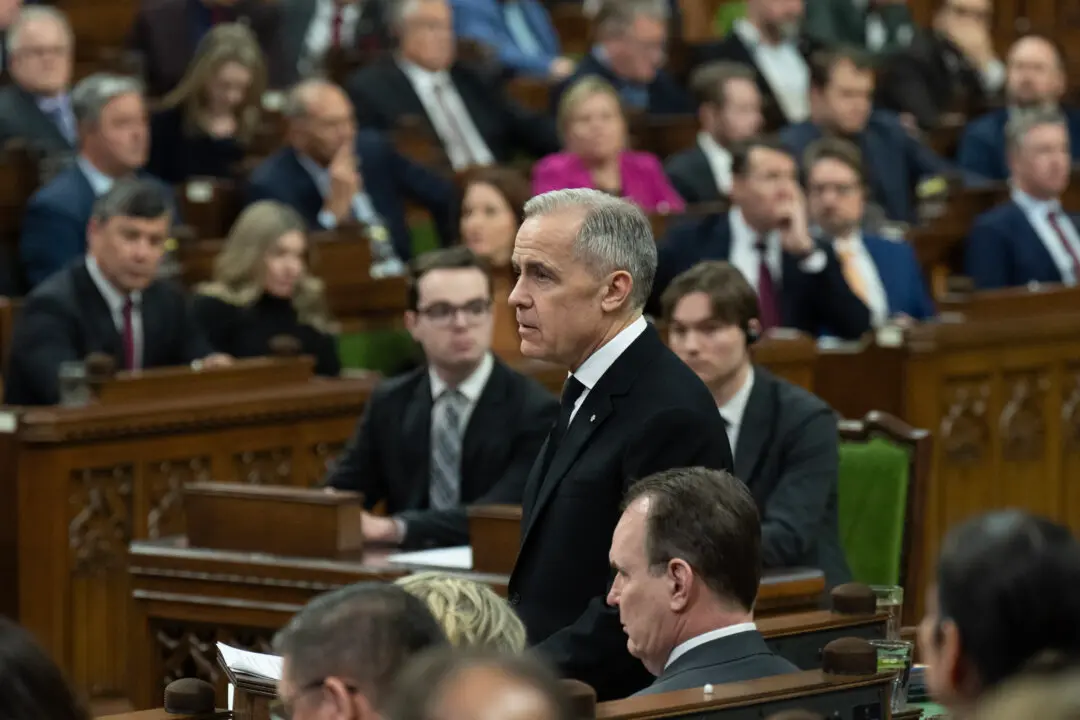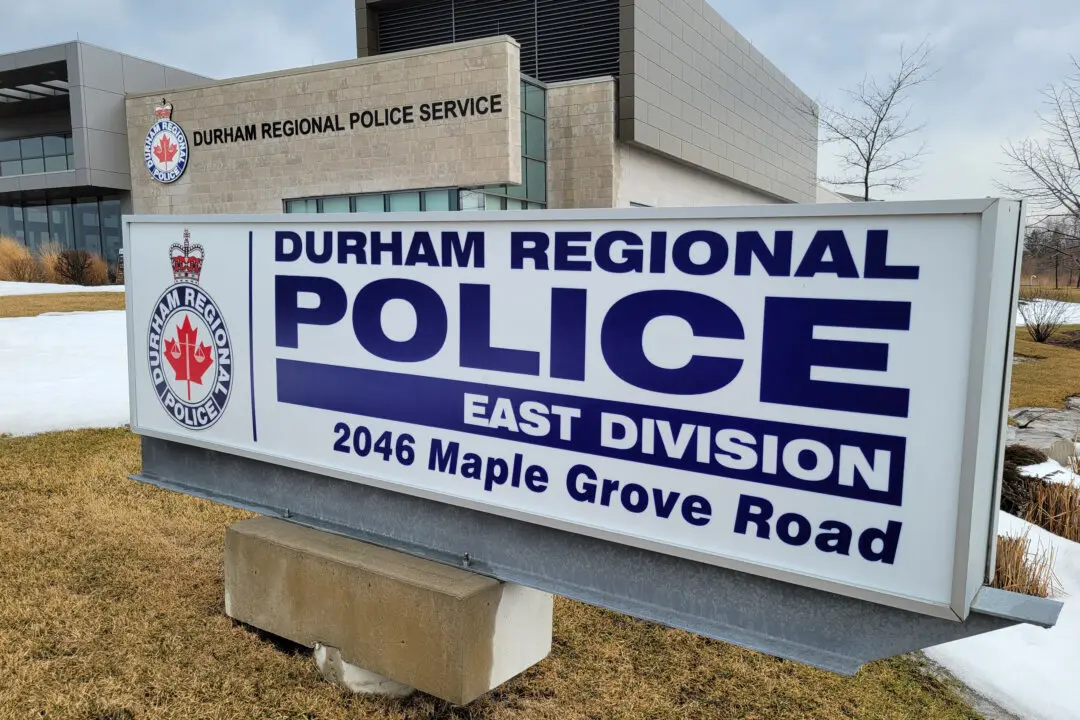Justin Trudeau’s resignation has had minimal impact on the Liberals Party’s declining electoral prospects, while the Conservatives continue to maintain one of the largest leads the party has ever had, new polling suggests.
Support for the Liberals has remained flat at 20 percent while Conservative support continues to increase, up one point since December to 46 percent, according to numbers released Jan. 8 by Ipsos. The survey, which was conducted between Jan. 6 and Jan. 7, placed the NDP at 17 percent, down three points since last month.





